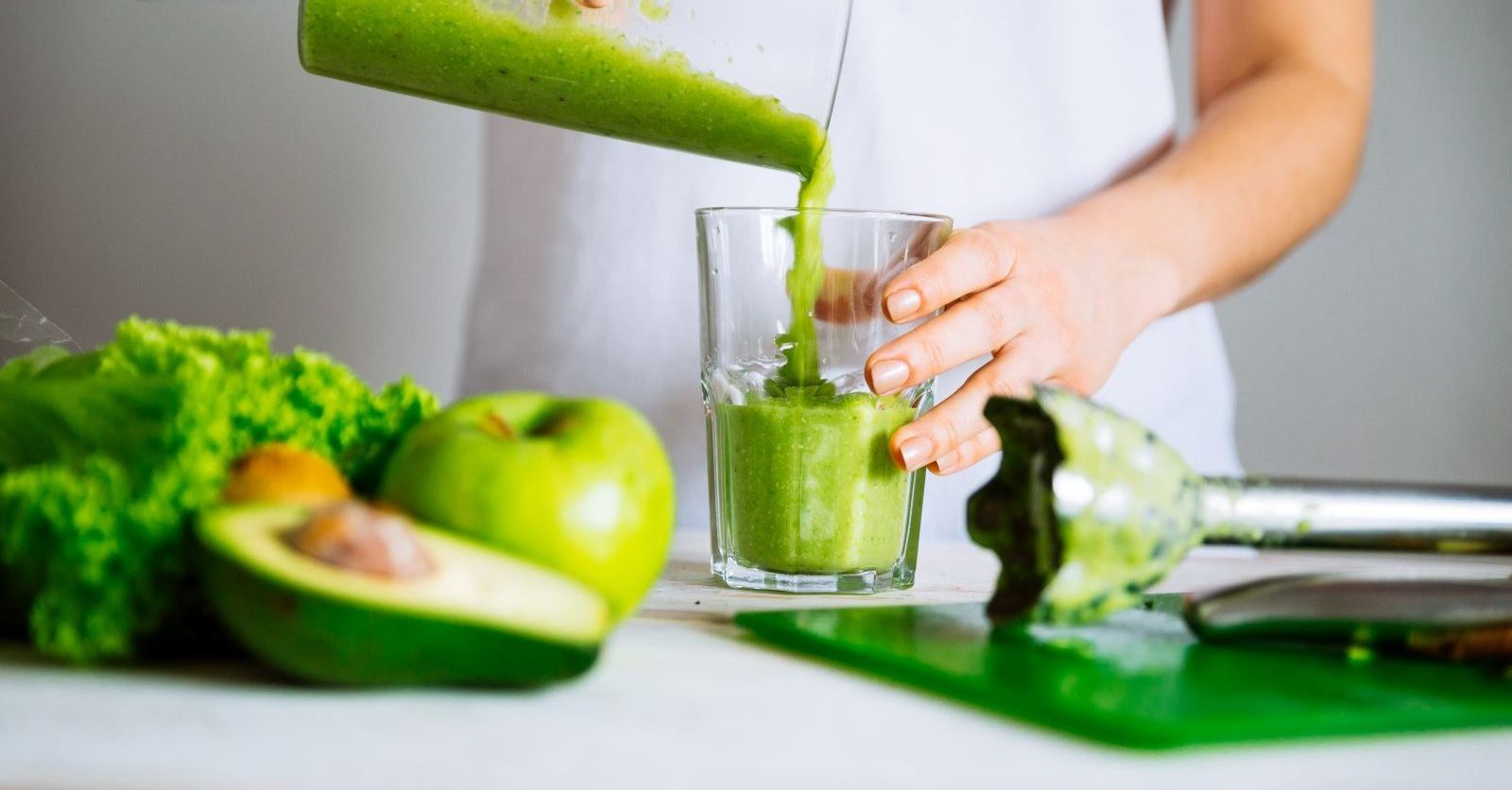<< Back
4 Reasons to Rethink Your New Year’s Cleanse or Detox

January 05, 2023
If you spent the holiday season indulging on food, sweets and alcohol, the new year offers you a chance to get back to a healthier lifestyle.
You might even be tempted to try a cleanse or detox to start the year off on the right foot. But are they a safe and healthy option?
Melissa Keeney, RDN, a registered dietitian at St. Vincent’s Medical Center, talks about the risks of cleanses and offers a few alternatives for a healthy start to the new year.
The skinny on cleanses
Cleanses may include one or a combination of:
The reality is that cleanses are both unhealthy and ineffective forms of diets, says Keeney. Many users mistakenly believe will help them remove toxins from their body, lose weight and feel better, but that’s not necessarily the case.
“These are called detoxification diets or ‘detoxes’ and they just don’t work because they’re too low in calories and essential minerals such as carbohydrates, fat, protein, fiber and vitamins,” she notes.
Don’t buy into the hype.
A quick Google search for “cleanse” produces hundreds of companies offering juices, teas, supplements or pills that promise to cleanse, detox, reset or renew.
“The claims made by any company promoting such cleanses are not backed by research. Our liver and kidneys filter out toxins and waste on their own. Your body and organs do not need to be ‘cleansed,’” she says.
Reasons to rethink that your detox
Not only are cleanses ineffective – they can actually put your body and health at risk. Keeney offers three more reasons you might want to rethink your cleanse:
The weight you may initially lose on a cleanse is mostly water weight, and then muscle mass. “Our body stores carbohydrates with water. When you use up your body’s carbohydrate stores, you lose the water stored with them as well,” she says.
Laxatives or food elimination can put your health at risk. Adding laxatives or eliminating too many types of foods can add to dehydration and cause electrolyte imbalances in the body. That shift can be especially risky for anyone with diabetes, heart problems or kidney disorders, Keeney continues.
When a cleanse is over, you may end up overeating. “We’ve seen how restricted eating can lead to disordered eating and weight cycling, neither of which are healthy for the body,” Keeney says.
Make less drastic changes
Instead of trying a cleanse, she suggests focusing on small nutrition changes that are healthy and practical. These can include: